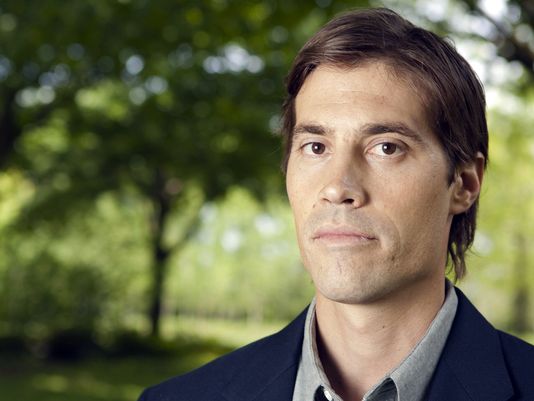The Price of War Reporting

With the recent, tragic deaths of journalists Steven Sotloff and James Foley, who were both beheaded by the terrorist group ISIS (Islamic State of Iraq Syria), the harsh reality and risks of being journalists in politically unstable areas have been furthermore exposed to the public eye. Sotloff and Foley were both war correspondents in the Middle East and Northern Africa. Before Sotloff’s capture in Syria, he reported from countries such as Bahrain, Egypt, Libya, Syria, and Turkey. Foley was previously kidnapped by Gaddafi loyalists in 2011 when he was reporting in Libya. His close friend and co-worker Anton Hammerl was killed during this incident. Despite this experience, Foley returned to the region, this time to Syria, where he was captured and beheaded by ISIS militants this past August.
What drives journalists like Sotloff, Hammerl and Foley to venture out and report from some of the most dangerous locations in the world? According to Democracy Now, an independent radio news program, Foley and Sotloff were the 69th and 70th journalists to perish in the Syrian conflict alone. Why are these journalists so hungry and passionate to find the truth even though it may cost them their lives?
In an editorial following Foley’s death, the Global Post editorial team (his employer) wrote that for Foley, “it was about altruism, about telling the stories that needed to be told.” Before his final capture, Foley documented the a wedding of a Syrian rebel sniper.
In 2014 alone, 40 deaths involving War Journalism around the world have been confirmed according to Committee to Protect Journalists. With the recent Islamic State killings, global focus on the conflicts in the Middle East have intensified. While the U.S. and allied nations have stepped up military campaigns against ISIS, journalists like Foley and Sotloff continue to risk their lives to report from the field. In a recent article, the New York Times details the experiences of ISIS hostages as they were repeatedly abused and held in horrible conditions. Journalists from the United States and Britain in particular work with the knowledge that their countries have a policy of not paying ransoms. Despite such dangers, these journalists continue to file reports from front lines.
